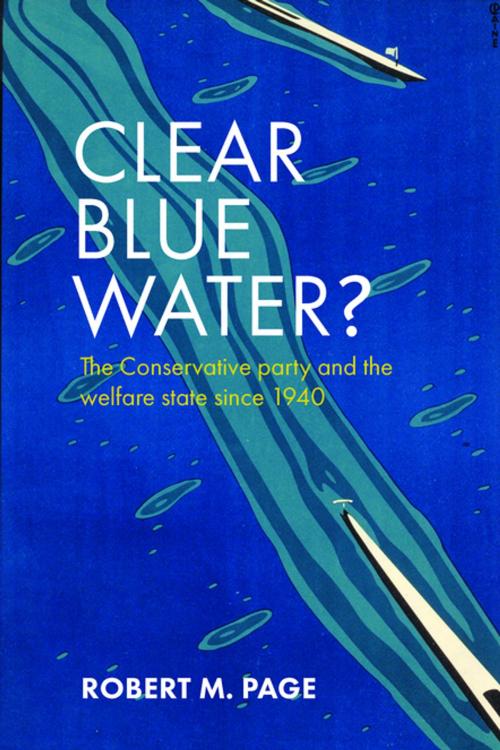Clear blue water?
The Conservative Party and the welfare state since 1940
Nonfiction, Social & Cultural Studies, Political Science, Politics, Social Services & Welfare, Religion & Spirituality, Philosophy, Political| Author: | Page, Robert M. | ISBN: | 9781447334545 |
| Publisher: | Policy Press | Publication: | June 1, 2016 |
| Imprint: | Policy Press | Language: | English |
| Author: | Page, Robert M. |
| ISBN: | 9781447334545 |
| Publisher: | Policy Press |
| Publication: | June 1, 2016 |
| Imprint: | Policy Press |
| Language: | English |
Has the modern Conservative Party developed a distinctive approach to the post-war welfare state? In exploring this question, this accessible book takes an authoritative look at Conservative Party policy and practice in the modern era. The book takes as its main starting point the progressive One Nation Conservative (1950-64) perspective, which endeavoured to embrace those features of the welfare state deemed compatible with the party’s underlying 'philosophy'. Attention then shifts to the neo-liberal Conservatives (1974-97), who sought to reverse the forward march of the welfare state on the grounds of its 'harmful’ economic and social effects. Finally, David Cameron’s (2005-present day) 'progressive’ neo-liberal Conservative welfare state strategy is put under the spotlight. The book’s time-defined content and broad historical thread make it a valuable resource for academics and students in social policy and politics as well as social history.
Has the modern Conservative Party developed a distinctive approach to the post-war welfare state? In exploring this question, this accessible book takes an authoritative look at Conservative Party policy and practice in the modern era. The book takes as its main starting point the progressive One Nation Conservative (1950-64) perspective, which endeavoured to embrace those features of the welfare state deemed compatible with the party’s underlying 'philosophy'. Attention then shifts to the neo-liberal Conservatives (1974-97), who sought to reverse the forward march of the welfare state on the grounds of its 'harmful’ economic and social effects. Finally, David Cameron’s (2005-present day) 'progressive’ neo-liberal Conservative welfare state strategy is put under the spotlight. The book’s time-defined content and broad historical thread make it a valuable resource for academics and students in social policy and politics as well as social history.















